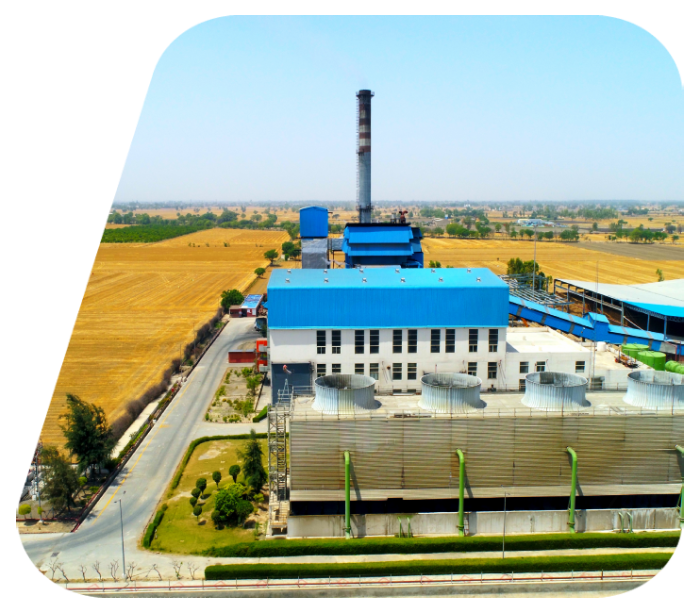
MW Energy Generated
Waste-To-Energy Generation
SAEL's inception was rooted in a commitment to address the twin challenges of pollution and the growing energy needs of India. The pursuit of sustainable energy solutions has spurred exploration into innovative initiatives like Waste-to-Energy (WTE) projects. These projects present a promising solution, leveraging the consistent availability of paddy straw.
SAEL has pioneered innovative solutions to address India's paddy straw generation and pollution challenges. By harnessing waste as a reliable resource, SAEL not only mitigates pollution on a significant scale but also offers a novel approach to overcoming the intermittency issues in the current renewable energy landscape.
Our strategic objectives are bolstered by our dedication to advancing cutting-edge technologies, particularly in Waste-to-Energy projects. Through targeted efforts to embed sustainable practices across our operations, we are steadfastly committed to realizing a future where sustainable energy is accessible to every household in India.








